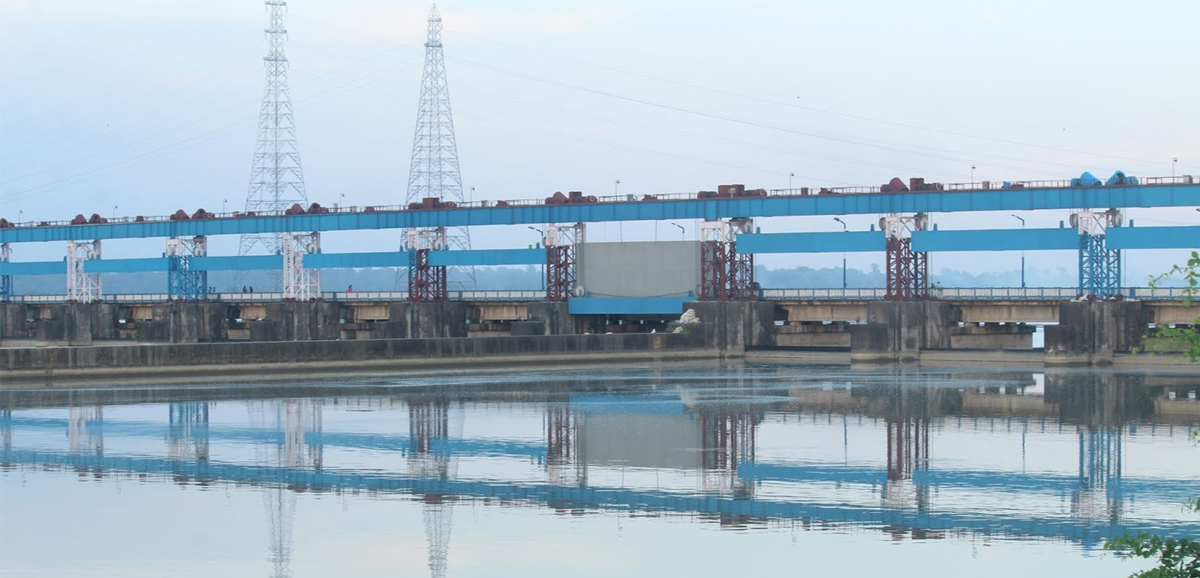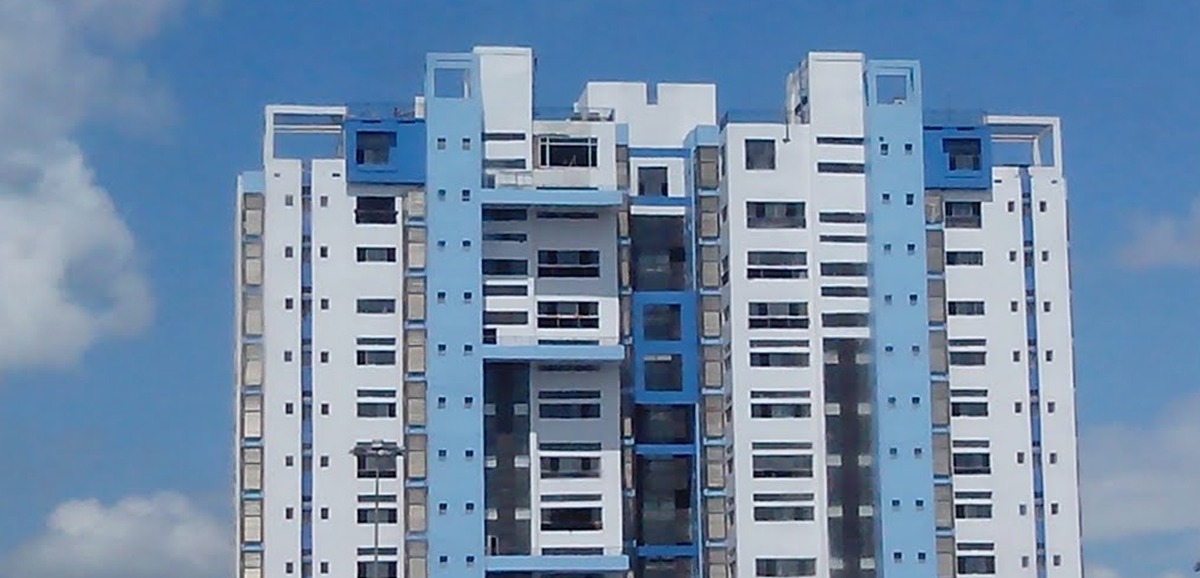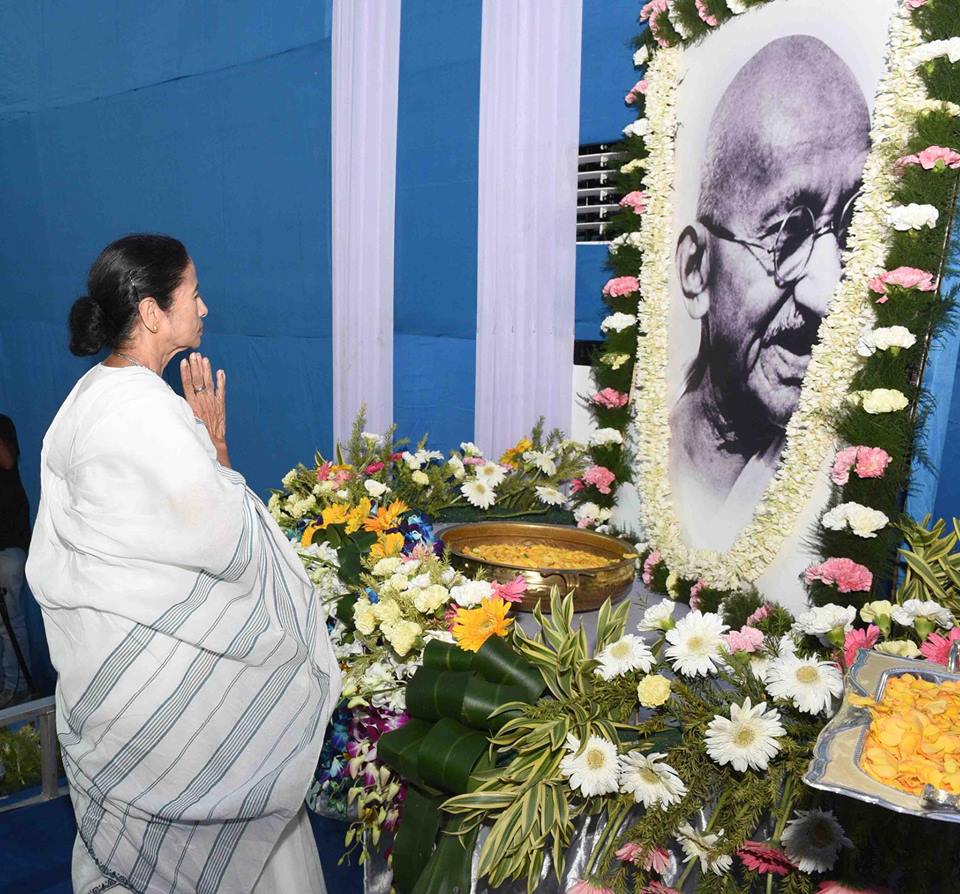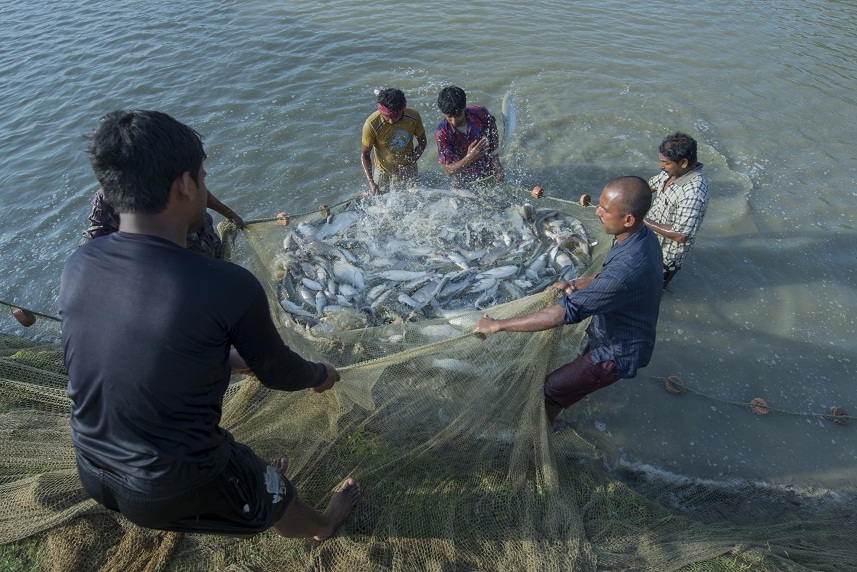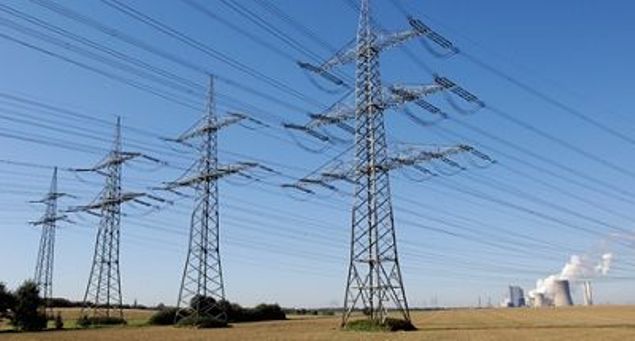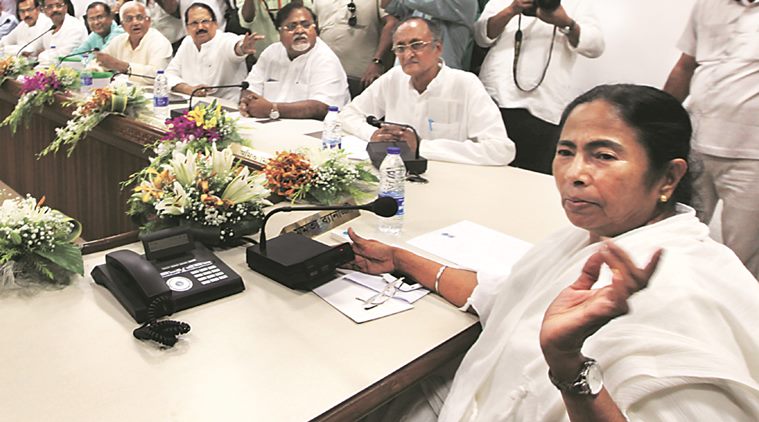Bangla has seen a rapid growth in electricity consumption, both industrial and domestic. This is the result of the Trinamool Congress Government’s push, under the leadership of Chief Minister Mamata Banerjee, towards excellence of Bangla in all matters.
As per the government’s calculations, this is only expected to rise. To cope with that and in line with the current stress on non-conventional energy across the world because of environmental issues, the State Electricity Department has come up with an ‘Energy Action Plan’.
This is the first time that a State Government has decided to come up with a policy dedicated to exploring unknown areas on how power can be generated from unconventional sources. Power generation from non-conventional sources (also called renewable sources) like sun, wind, tides, etc. reduces emission.
This is also in line with India’s declaration at the 2015 Paris Convention that it would achieve 40 per cent power generation through renewable sources by 2030.
A senior official of the department said through the development of the ‘Energy Action Plan, the department aims to produce the best quality electricity, at par with the Western countries, in the next two to three years.
In the future, there will be a paradigm shift from conventional energy to renewable energy, and hence the government is taking all necessary steps to make the whole process more sustainable, said the official.
Stressing on the generation of hydroelectricity, the Bangla Government has taken up a number of new initiatives. Several hydroelectric projects are coming up on the Teesta River, namely Teesta-I, Teesta-II, Teesta-V, Teesta Intermediate State and Rammam Stage-I (on the Rammam River, a tributary of the Teesta) in Darjeeling, each having a capacity of 80 to 84 megawatts (MW).
In the solar energy sector, Bangla has already seen a great deal of improvement. To this end, solar panels have been set up on the rooftops of various government buildings, schools, colleges and other offices by the Power Department.
The government is also firming up plans for electricity generation from tidal energy and wind energy.
The main challenge is putting the energy produced from renewable sources into the grid. Unless the energy is supplied into the grid, the utilisation of power on a large scale cannot be possible. The Energy Action Plan would enable solutions to this issue.
In the renewable energy sector, according to another senior official of the State Power Department, Bangla has produced around 71 gigawatts (GW), and the department has set a target of reaching 175GW in the next two years.
He also said that with the increase in the demand for power in the State, hundreds of substations have been constructed in the past few years. In the last one year alone, 10 extra high voltage (EHV) substations have been constructed. Many 220 kV substations are also coming up.
Source: Millennium Post


